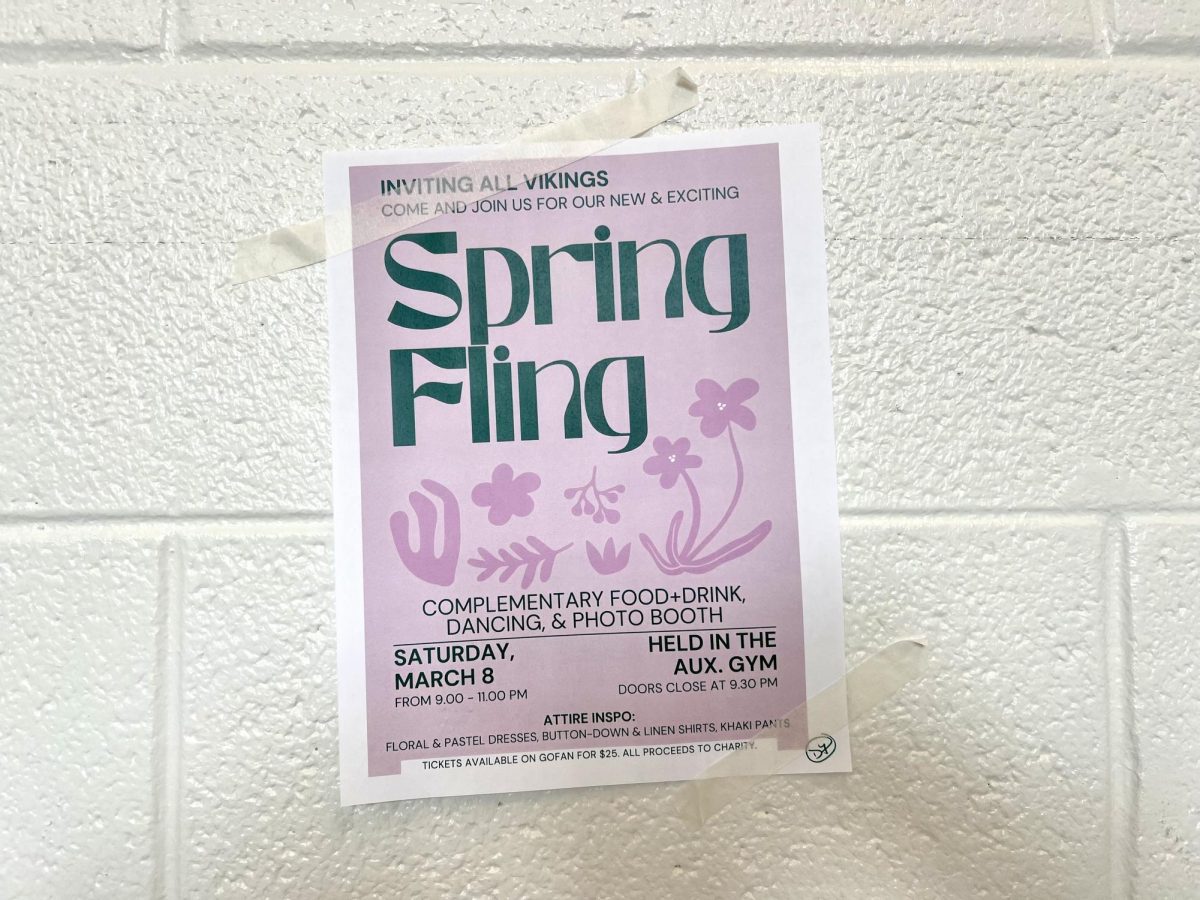Earlier this month, the Montgomery County Council unanimously passed a bill banning e-cigarettes in public places like restaurants, bars and anywhere that cigarettes are banned.

The ban, which will act as the first regulations on e-cigs in the county, was passed in hopes of targeting recreational e-cig use by teens.
The popular devices, which often contain nicotine, were originally developed to ease cigarette addicts off of smoking habits. However, many people, including students, have been using e-cigs for recreational purposes in hopes of getting the fun of smoking without the health effects. Unlike regular cigarettes, e-cigs release clouds of vapor that are gone almost immediately and don’t leave secondhand smoke behind.
“I am not willing to gamble with the health of our current generation of young people by waiting for federal regulations,” councilwoman Nancy Floreen said in a press release. “The Council did the right thing by putting these protections in place.”
The primary concern about e-cigs is the general lack of knowledge of their contents. Although the main ingredients in many e-cigs are water vapor and nicotine, other components can be kept hidden from consumers. The proposed FDA regulations will require full transparency from e-cig companies about product ingredients to reveal any dangerous substances in the e-cigs.
“I have no clue what’s in them, and neither does anyone else that I know of,” said a junior boy who said he uses e-cigs regularly.
The World Health Organization has recommended similar national e-cig regulations to the ones enacted in Montgomery County, including a call to “end the use of e-cigarettes indoors in public and workplaces.” The FDA proposed the first federal regulations last April, which included the elimination of free samples and a ban on sales to minors.
E-cigs have been found to be quite popular at Whitman—the junior boy labeled them a “popular fad” at Whitman. Last year, one then-junior briefly had a full-fledged business selling and distributing e-cigs.
“I’ve been researching the safety for a while,” he said. “They’re not doing your body any favors but they’re definitely not as bad as cigarettes.”
Although Floreen, who proposed the bill, hopes that the regulations will improve the health of teenagers and students, some doubt that the new rules will make any difference.
“No one seems to think they’re that dangerous,” the current junior said. “In my opinion, regulations just aren’t going to do anything.”








